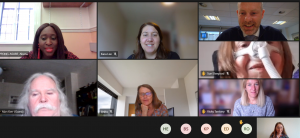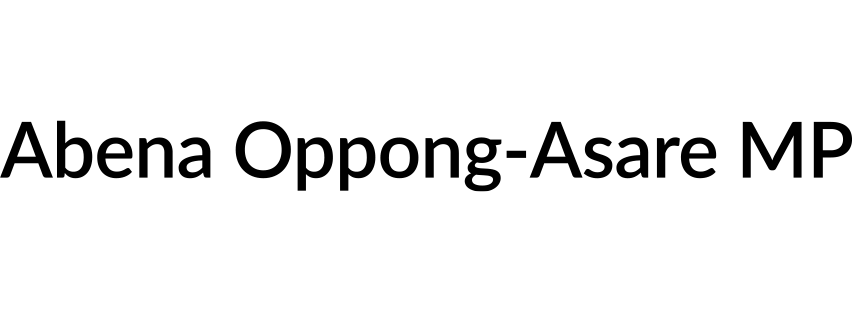Roundtable with Minister and local disabled advocacy groups
This week I brought together a group of local disability advocacy and support groups to raise concerns about the operation of the benefits system on people with disabilities with Justin Tomlinson, the Minister for Disabled People, Work and Health.

Earlier this year I met with the Minister to raise concerns about how the pandemic had affected people with disabilities and the failure of the DWP to meet the needs of disabled people.
The Minister agreed to take part in a roundtable with local organisations working on the frontline with disabled people.
I have raised a number of these issues in Parliament during a recent debate on the impact of the pandemic on people with disabilities. In that debate I called for the Government to bring forward a national strategy for disabled people as soon as possible.
Key issues raised at the roundtable included a failure to provide accessible information to disabled people, the problems people with learning difficulties face accessing PIP, the impact of benefit assessments on claimants mental health, and the lack of appropriate training for assessors.
Participants also raised problems with disabled people accessing Universal Credit and the problems some people face due to the increasingly online-only system.
The roundtable discussion will feed into the Green Paper on health and disability which is due to be published shortly.
I urge local organisations and individuals to contribute to the consultation process once it is open.
I am determined that nobody is left behind in Erith and Thamesmead, and this means that disabled people need better treatment from the Government.
I hope the Government will listen to the concerns and bring forward concrete proposals to improve the benefits system for disabled people.
Kara Lee from Bexley Mencap said: “It was fantastic to be involved in such an important conversation to share the experiences and views of people with learning disabilities about the benefit system and how it could be improved. Thank you for organising the meeting to give small organisations, and more importantly the people they represent, a voice about such an important topic.”
Alan Kerr from Metro GAD said: “I really valued the opportunity to speak directly with the Minister of Disabled People to express our very real concerns about the benefits system and the impact it has on their lives.”
Press coverage of the event: https://london-post.co.uk/abena-oppong-asare-mp-holds-roundtable-with-government-minister-and-local-advocacy-groups-to-discuss-concerns-about-the-treatment-of-disabled-people/

